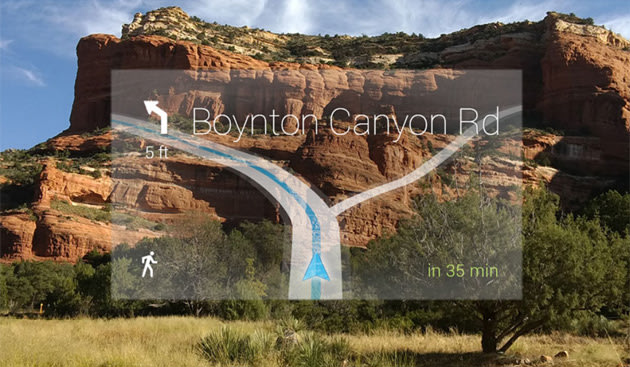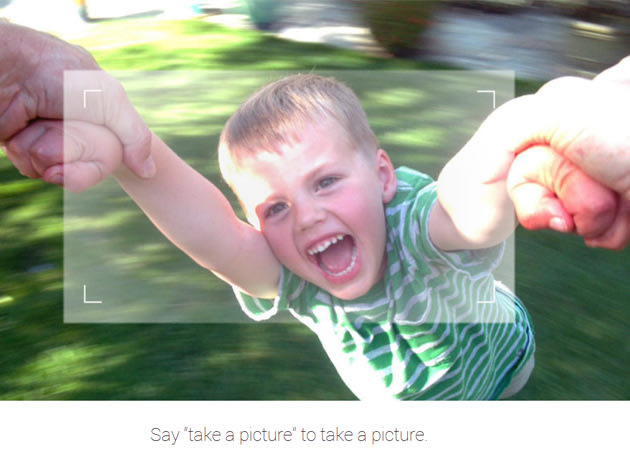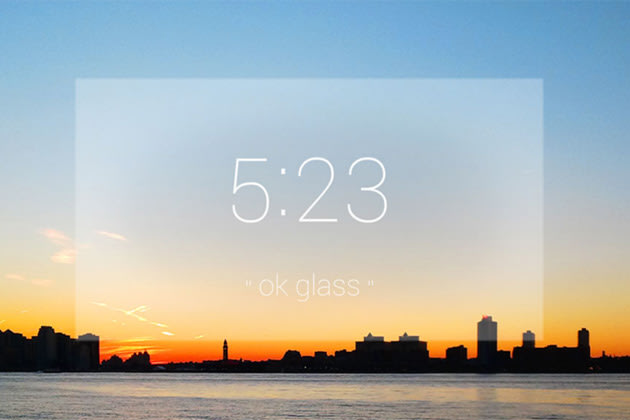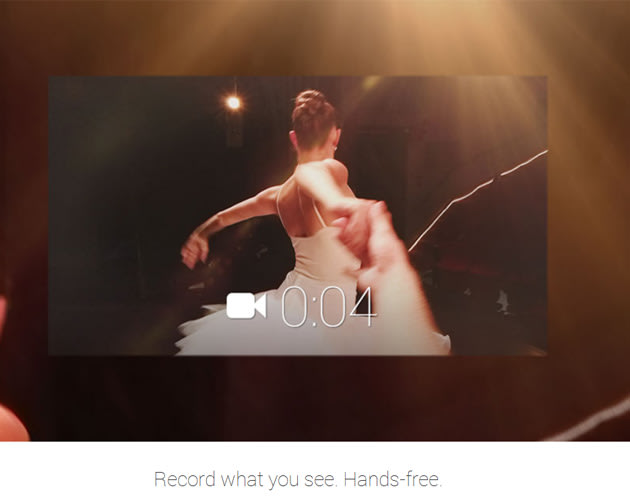BY BHARGAV.
So, which countries block Facebook indeed? According to
Wikipedia, there are 6 countries that block Facebook:
Besides the above 6 countries, Syria is also mentioned, but according to Hillary Clinton’s speech at George Washington University on February 15, 2011, Syria just unblocked Facebook a few days ago, so Wikipedia is a little out the date.
As a user in China, it’s painful to play with Facebook since you have to use someVPN services or other anti-censorship tools to get access to the website or even all the third-party applications (such as Hootsuite ), which will take much more time than usual. Even though, I keep login with Facebook often if not everyday, since the internet freedom is so amazing, the friends are so kind.
Hope the countries that block Facebook will be less and less until zero in the near future, such as 2012, the best time I think.








































